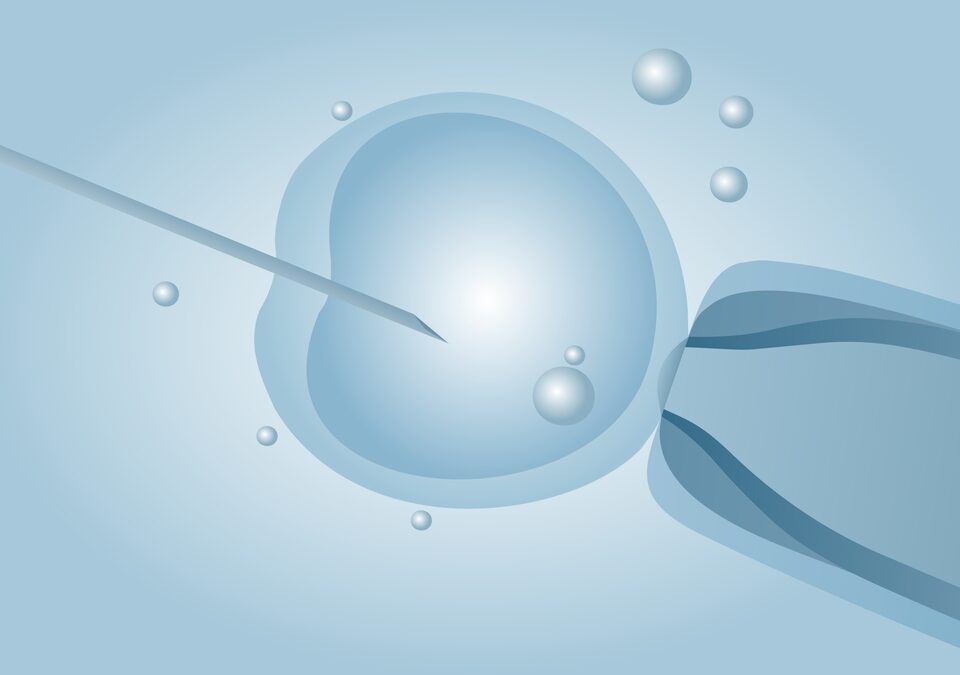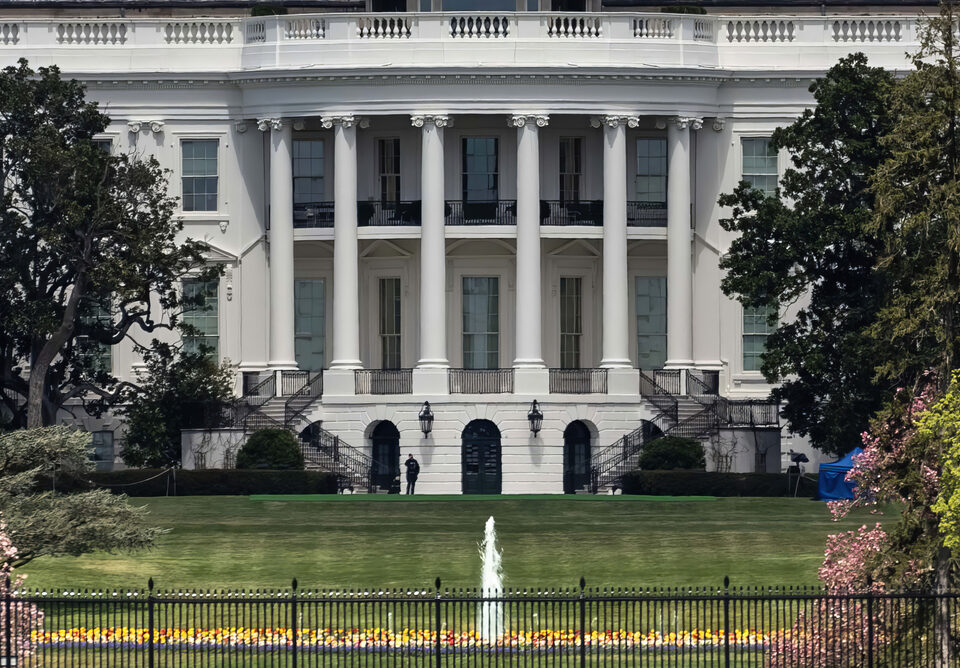San Francisco Company Commended for LGBT Fertility Coverage
August 12, 2016Appellate Court in New York Redefines Parentage
September 7, 2016Timely dialog is surfacing regarding the rights of the LGBT community to access fertility treatments in states where health insurance providers offer such benefits. Recently, two lesbian couples in New Jersey launched a civil suit challenging their lack of access to fertility care, even though fertility treatments are available to heterosexual women through state-mandated insurance requirements.
The lawsuit raises thought-provoking allegations, one of which is that the State of New Jersey has been downright unconstitutional in providing fertility treatment to heterosexual women but not to lesbians. The state requires that health insurance companies provide coverage of treatment for infertility after a woman has received an infertility diagnosis.
But here’s the dilemma.
According to the New Jersey Law Journal, “The suit concerns N.J.S.A. 17B:27-46.1x, which defines infertility as a disease or condition resulting in abnormal function of the reproductive system such that a person is not able to conceive after two years of unprotected intercourse if the female partner is under 35 years of age, or one year of unprotected intercourse if the female partner is 35 years of age or older or one of the partners is considered medically sterile.”
This definition completely excludes same-sex couples. In cases of either gay men or lesbian women, they cannot meet the standard of failing to conceive after a period of engaging in heterosexual intercourse, thereby placing them outside of the protective realm of the New Jersey mandate for insurance companies operating in the state. However, these groups still require medical intervention to conceive.
Adeptly, the plaintiffs also cite, “…the Supreme Court’s 2015 ruling in Obergefell v. Hodges, which held that same-sex couples’ right to marry is guaranteed by the due process clause of the Fourteenth Amendment, said that the right to procreate is also protected by the due process clause.”
Once again, it bears repeating that homosexuality is not a “choice.” The definition of “medical infertility” that health insurance companies and state insurance regulations follow completely compromises this premise.
Despite the legalization of gay marriage, there is still so much disparity in how same-sex couples are treated in comparison to their heterosexual counterparts.
“The plaintiffs, four women in same-sex relationships who are attempting to conceive, have asked for a preliminary injunction barring the state Department of Health from enforcing its exclusionary insurance coverage regulation,” wrote Charles Toutant of the New Jersey Law Journal. He continued, “The plaintiffs cannot qualify for coverage of fertility treatment under New Jersey law because they do not engage in sexual intercourse with men, even though physicians have other, medically-accepted means for determining if they suffer from infertility, the suit said.”
Grace Cathryn Cretcher, Esq., of Beranbaum Menken in New York, who represents the plaintiffs, describes this particular New Jersey law as discriminatory in nature.
“In New York and Connecticut, the law requires insurance companies to provide fertility treatment to women who fail to conceive after repeated exposure to sperm, although those laws don’t specify a means for that exposure, unlike New Jersey,” Cretcher said. “This is an issue that has not broken through into the legal and social conscience as an equality issue.”
While this may be true, it certainly is making headway. But for some, not fast enough.
Shannon Minter, who serves as the legal director for the National Center of Lesbian Rights in San Francisco, shared her wisdom with The New Jersey Law Journal.
“These denials are extremely common, despite being so blatantly discriminatory. There have not yet been many legal challenges, but we expect to see many more in the future,” she said. “There is a growing consciousness of how unfair these exclusions [are], and we expect more and more litigation seeking to invalidate them.”
Many are rallying behind this litigation in hopes that the women prevail and that more states will follow suit, thereby closing the gap in access to fertility treatment for same-sex couples.



